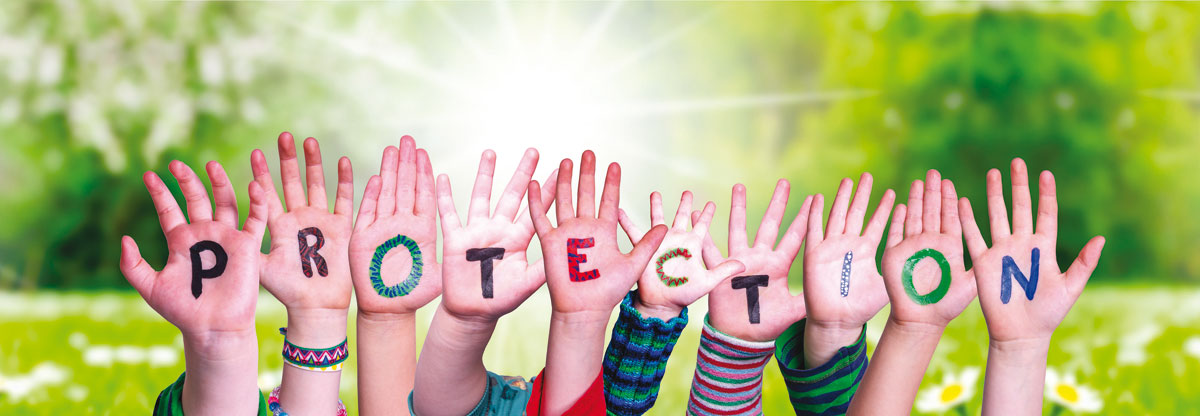At a time when social networks are an integral part of our daily lives, many parents regularly share moments from their children's lives online. Known as “Sharenting”, this phenomenon raises important questions about the privacy and security of young people.. Warning and advice from cybersecurity company ESET France.
The « sharing » (contraction de share, " share ", and parenting, “parenthood”) refers to the practice of parents who regularly share information, photos or videos of their children on social networks. This can range from the announcement of the pregnancy to the first steps, through birthdays, vacations and everyday moments. Several reasons motivate parents to sharenting, including keeping in touch with distant family and friends, document important milestones in their child’s life, share their happiness, etc. The majority of children today grow up with a digital footprint created by their parents, often without their consent. A situation that could, as an adult, cause privacy issues, harassment and control over their digital identity. In the future, these children might blame their parents for not giving them the choice to shape their own online presence.
How does sharenting affect children ?
Online information has the potential to remain permanently on the Internet, in the form of a digital fingerprint. If we realize today to what extent we can influence the digital footprint of our children, we can not only protect them from several risks and future psychological problems, but also positively influence their social status. By sharing messages featuring your children, you not only create their digital footprint, but also their digital identity.
What are the risks ?
The violation of privacy
By sharing personal information, photos or videos without their consent, parents deprive their children of the right to decide what is shared about them. This can create a sense of violation of privacy for the child as they grow older and become more aware of their online presence.. Furthermore, this can lead to embarrassing or uncomfortable situations for the child, especially at school or among peers.
Creating a permanent digital footprint
Information shared online tends to persist. Even if content is removed from its original source, it may have been copied, shared or archived elsewhere. This permanent digital imprint can follow the child throughout his or her life, potentially influencing future relationships, their professional opportunities and online reputation. It is crucial to understand that what seems trivial today can have unexpected repercussions in the future..
The potential exploitation of information
Information shared online can be used as ammunition for cyberbullying. Embarrassing photos, Embarrassing anecdotes or personal details can become easy weapons in the hands of harassers. Data shared online can be exploited in various ways by malicious third parties. This can include identity theft, commercial exploitation, location by predators. The digital footprint created by sharenting can thus have long-term consequences on the social and professional life of the child..
Le sharenting responsable
If you can't give up posting photos from time to time, here are some arrangements to take before publication.
Check and adjust privacy settings regularly
You should pay attention to updates to the platforms' privacy policies. Feel free to use custom lists to share certain content only with specific groups, while taking care to deactivate geolocation for child photos.
Think before : is publishing really necessary? ?
This question allows you to assess the potential consequences for your child in the future..
Avoid compromising or overly intimate photos
These are images showing your child naked or partially clothed, in a swimsuit or underwear. Sharing photos of private moments such as bathing or going to bed should also be avoided..
Do not share sensitive information that identifies the child
Full name, exact date of birth, address of your home or school, frequented places : this is all sensitive information that can be used to identify your child.
Ask the child’s opinion as he grows
Start involving your child in sharing decisions as soon as they are able to understand, while explaining to him the implications of sharing online. It is also crucial to establish family rules for sharing online.
It is important to note that even the right to be forgotten under the GDPR cannot guarantee the total deletion of information once it has been shared online..














